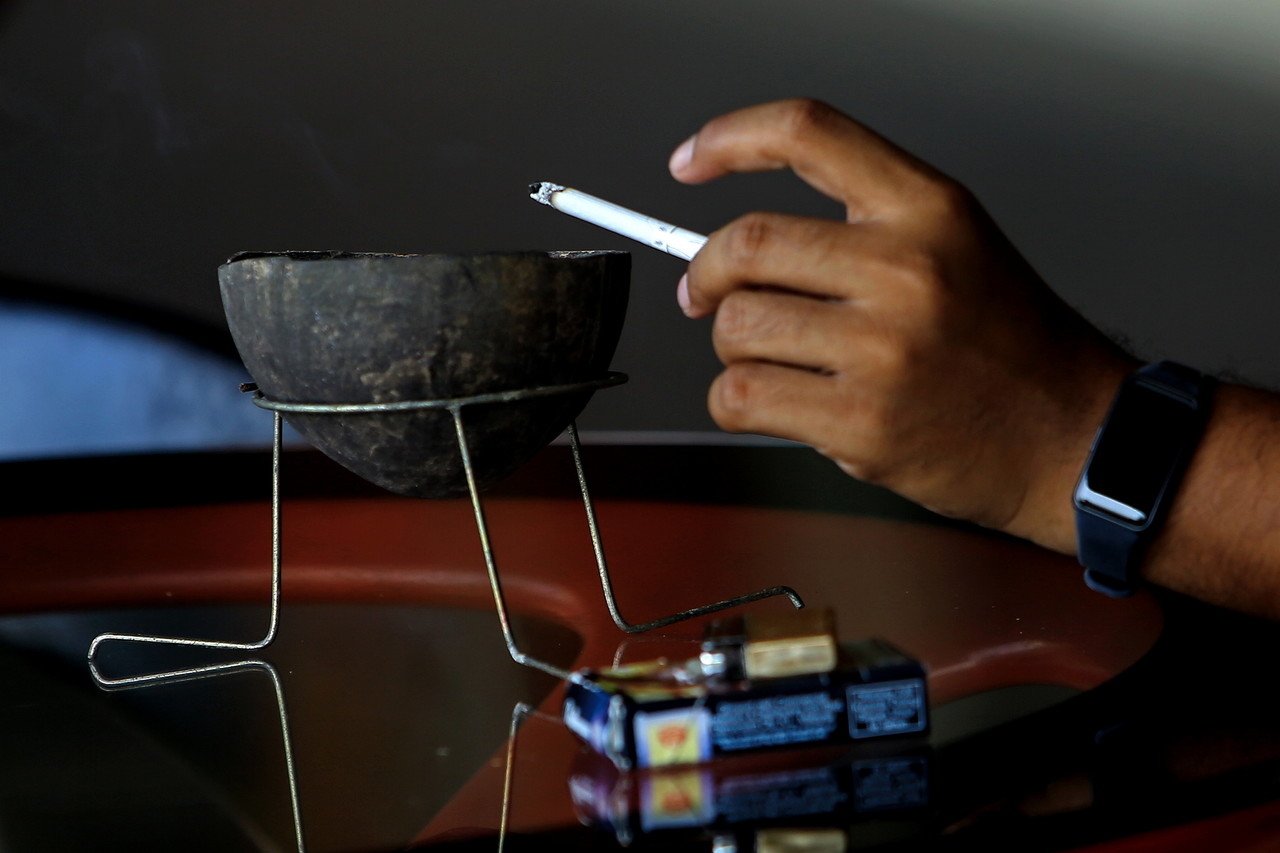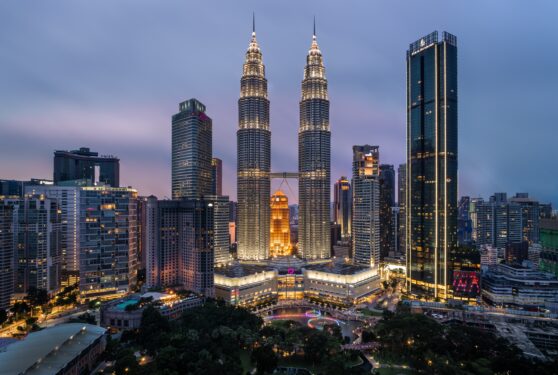FEW people dispute that cigarette smoking is damaging human health not only in Malaysia but also globally.
Malaysia reported more than 27,200 smoking-related deaths annually. According to the World Health Organization’s (WHO) global report on trends in the prevalence of tobacco use 2000-2025 (third edition), the number of smokers totalled approximately five million aged 15 years and older with 99% of them being males.
Mounting costs on public healthcare and the burden of the expenses to the economy and the nation’s productivity have governments’ worldwide thinking and finding ways to curb and hopefully reduce smoking among the population. Our country is no exception.
But tobacco control comes with costs.
Unrealistic strategy
The Government’s recent plan to prohibit the sale of cigarettes and tobacco products to people born after 2005 in a bid to outlaw smoking for the next generation requires adequate funding to oil the mechanism.
While this seems like a good move, the authorities have less than a year to develop a proper enforcement mechanism should the Parliament approves the tobacco prohibition this year.
If implementation of the ban is weak, the effort serves no purpose. Hasn’t prohibition already been tried and failed? Or this is yet another losing battle?
Putting a monitoring and enforcement mechanism to ensure compliance is not cheap.
As Malaysia strives to recover from the pandemic-induced economic devastation, can the country afford to push forward such a drastic ban knowing that the costs to implement the mechanism could be significant when the funds allocated to the Health Ministry could be better used to build national resilience in preparation for future pandemics?
A strategy aimed solely at banning people born after 2005 from smoking is not practical. If the Government is concerned with health gains over the medium term, it should consider adopting broader measures that help adults to quit smoking.
Perhaps, the Government should emulate New Zealand which has been offering science-backed alternatives such as nicotine vaping. For the record, New Zealand has since December 2021 became the first country in the world to announce a similar law but for those born after 2008.
What sets the ban in New Zealand apart from Malaysia is that the minimum age to buy tobacco products will be raised every year beginning in 2023 until the country achieves its national goal of reducing its national smoking rate from 11% to 5% by 2025.
The change in strategy with the extreme measure of outright prohibiting tobacco consumption for people born after 2005 without having safer alternatives is unrealistic and is likely to fail.

More consultations needed
Yes, proponents will argue that preventing people born after 2005 from starting tobacco use is more effective and costs less than helping users quit. But unfortunately, there are no proper comparative studies examining the different patterns and effects of youth tobacco control policies in this country to back this argument.
In addition, the introduction of this ban will create a greater demand for illicit tobacco products which are unregulated and do not comply with the stringent controls and requirements on tobacco products set by the Health Ministry.
In 2019, the Oxford Economics reported that 59% of Malaysia’s cigarette market in 2018 was illegal, equating to around 598 million packs of 20 cigarettes each.
It is anticipated that social and underground supply will play an increasingly important role than commercial supply in people born after 2005 getting access to tobacco products which will create a challenging environment for enforcement.
As such, organised smugglers like ‘Ben Gang’ will remain dominant and the black economy will continue to flourish.
Although the call for a ban is a noble move, there should be enough studies and consultations with relevant stakeholders before the implementation. This is considering that the ban will have several negative impacts such as fuelling the illicit tobacco market.
Individual choice
As it is, billions of ringgits have been spent on trying to eradicate drug abuse, including the introduction of the death penalty on drug offenders in 1983; setting up the National Anti-Drug Agency in 2004, and amending the death penalty provision in 2018 to allow the courts to use its discretion to impose a sentence of life imprisonment and not less than 15 strokes other than the death penalty for drug offences.
Not only did these not stop, but the abuse remains continuously high compared to the country’s population.
Drug abuse does not provide or generate taxes for the country. In fact, it costs the country to provide treatment and rehabilitation to addicts.
However, tobacco products provide tax revenue to the country, which can be channelled towards financing social and public initiatives.
So is the regulatory intervention of a complete ban justifiable?
Smoking is considered to be an individual choice and a socially learned habit. To make sure smoking cessation in promoting health is a success, it is necessary to identify the tributary factors for smoking and the reasons behind the relapse among smokers despite their motivation to quit.
Therefore, interventions incorporating an individual-based approach are required for long term smoking cessation and should not be directed to the community as a whole. – April 9, 2022
LK Foo is is a FocusM reader.
The views expressed are solely of the author and do not necessarily reflect those of Focus Malaysia.









